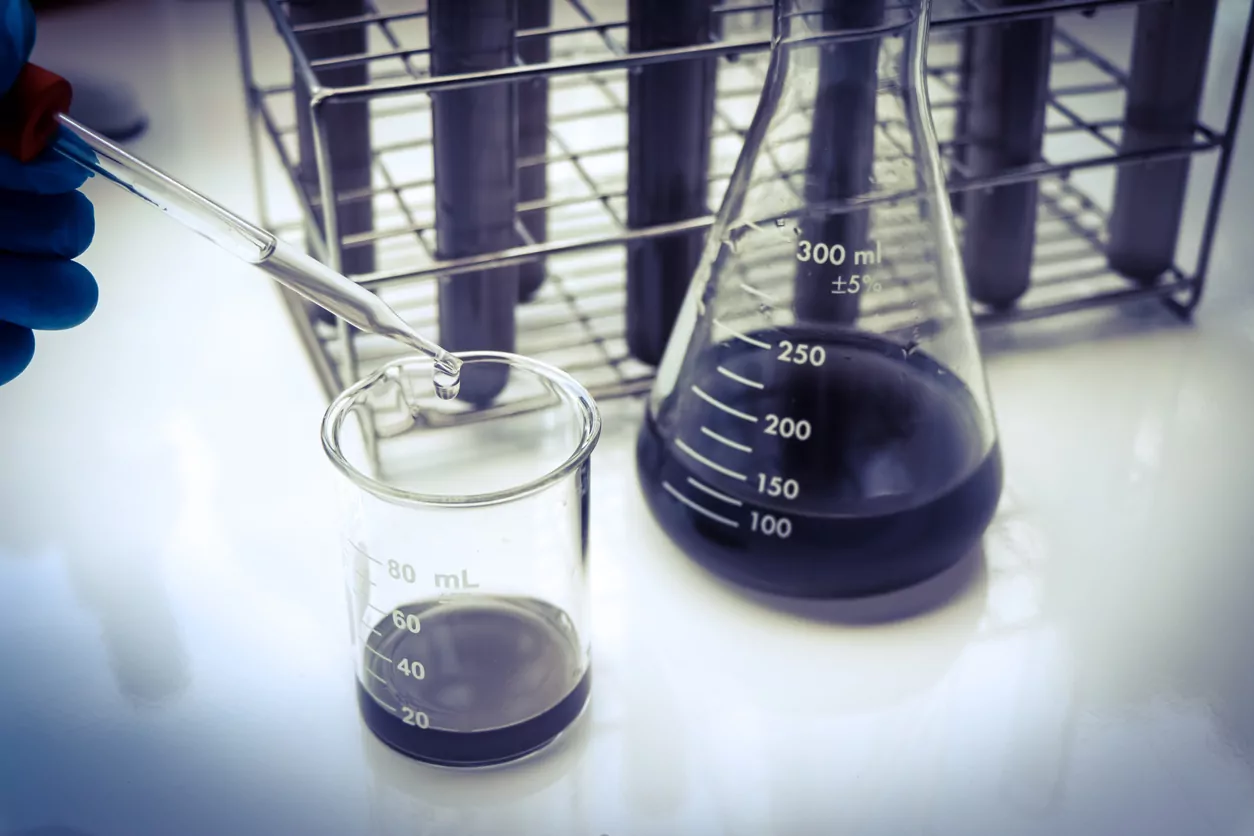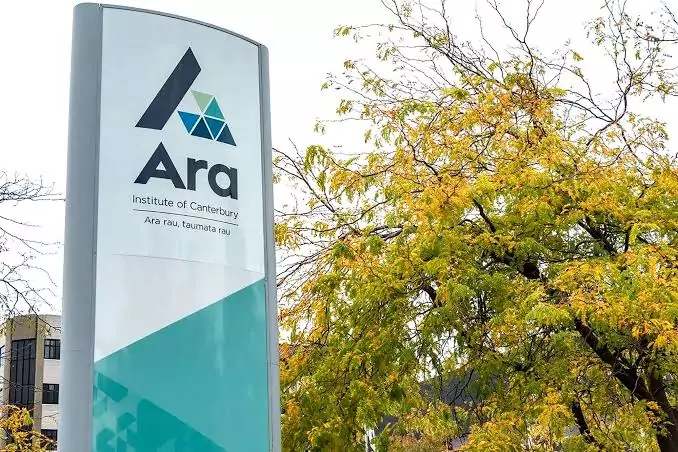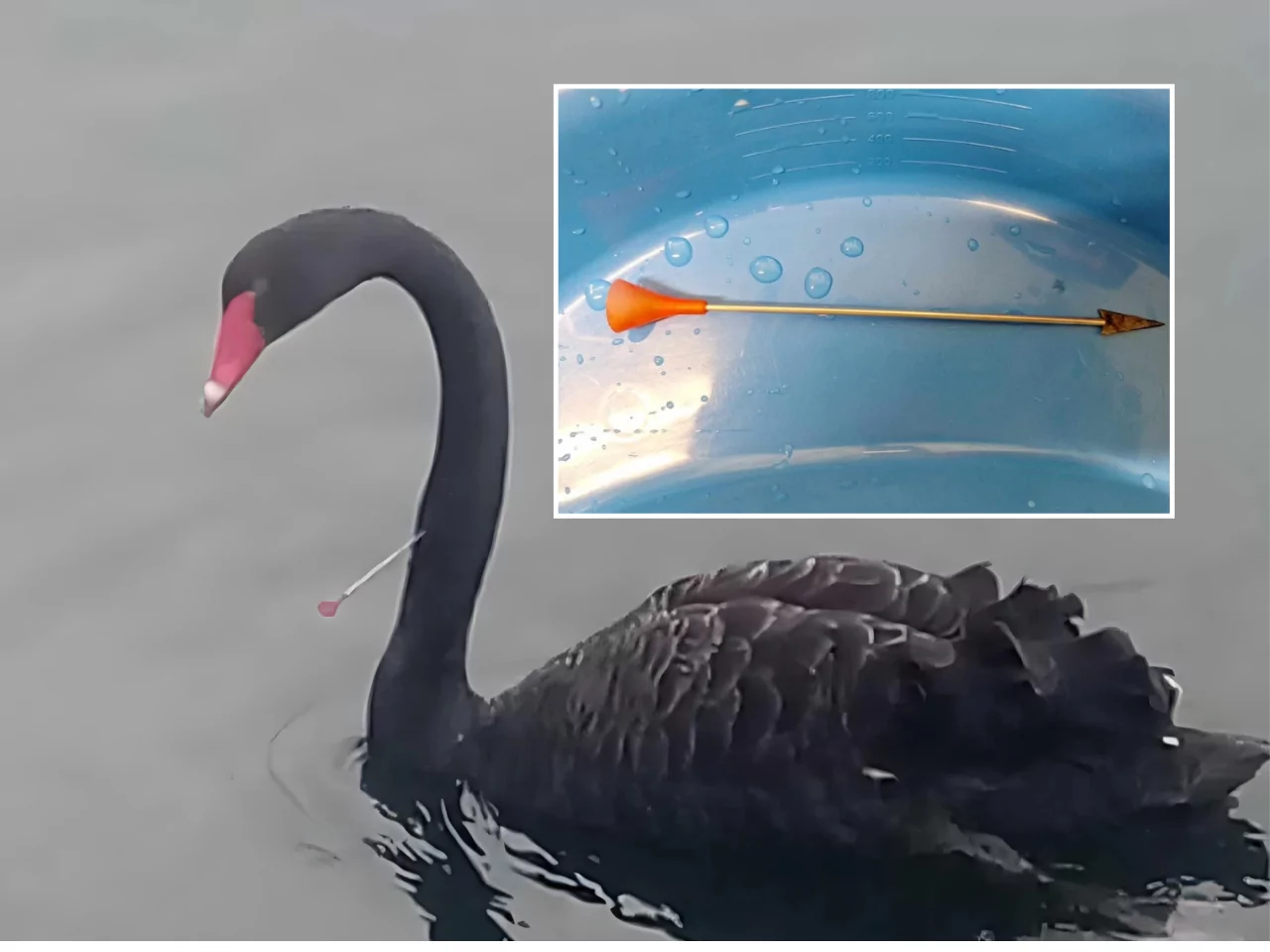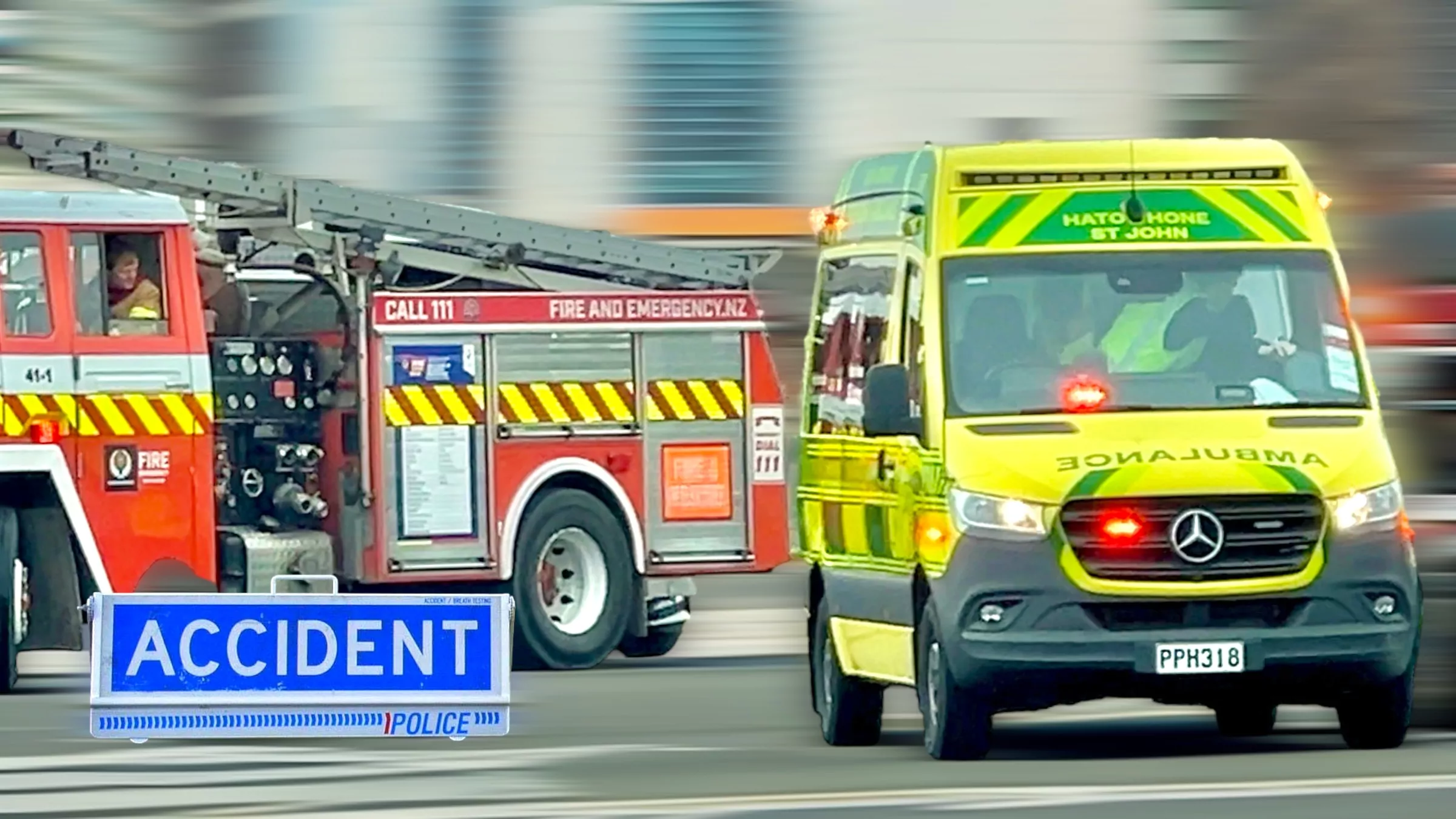Greenpeace will be hosting a public meeting in Rangiora on 19 October to discuss the growing issue of nitrate contamination in drinking water across Canterbury.
The meeting comes after Greenpeace’s latest round of water testing in North Canterbury, which showed levels of nitrate in town supplies, particularly in Darfield, Kirwee, and Oxford, where the levels are nearing those associated with “reproductive risks.”
Greenpeace spokesperson Will Appelbe said, “Everyone should be able to safely drink the water coming out of their kitchen tap, but what we’re seeing in Canterbury is that more and more public water supplies are reaching levels of nitrate that have been linked to adverse health impacts from long-term exposure.”
According to Appelbe, long-term exposure to nitrate contamination, even at levels as low as 1 mg/L, has been linked to an increased risk of bowel cancer.
Additionally, the New Zealand College of Midwives advises pregnant women to avoid water with nitrate levels over 5 mg/L due to the increased risk of pre-term birth.
“We’ve brought together a panel of local and national experts to help people across Canterbury understand what the impacts of nitrate contamination are, and how they can take action to stop the pollution of drinking water at the source,” Appelbe said.
The meeting is scheduled for 6:30 pm at The Skurr Centre, Rangiora Showgrounds, and will feature presentations from a range of experts, followed by a panel discussion and Q&A session. Speakers will include:
– Karyne Rogers, Senior Environmental Scientist at GNS Science
– Tim Chambers, Associate Professor at the Ngāi Tahu Research Centre, University of Canterbury
– Nicky Snoyink, Regional Manager for Canterbury at Forest & Bird
– Will Appelbe, Freshwater Campaigner, Greenpeace Aotearoa
In addition to the public meeting, Greenpeace will hold two free water testing events in Canterbury on 18 October in Amberley and on 20 October in Oxford, offering residents the opportunity to have their water tested for nitrate levels.









